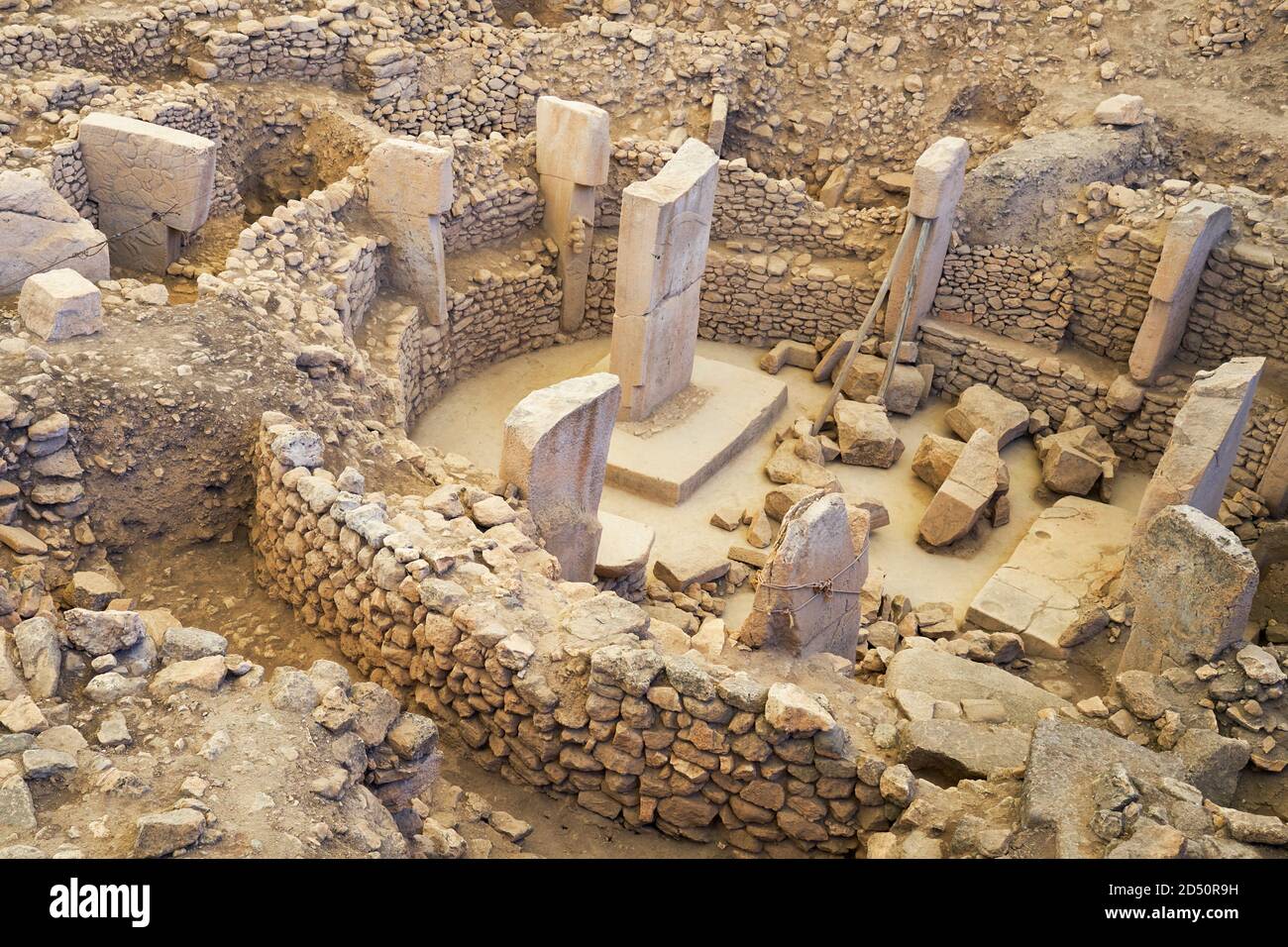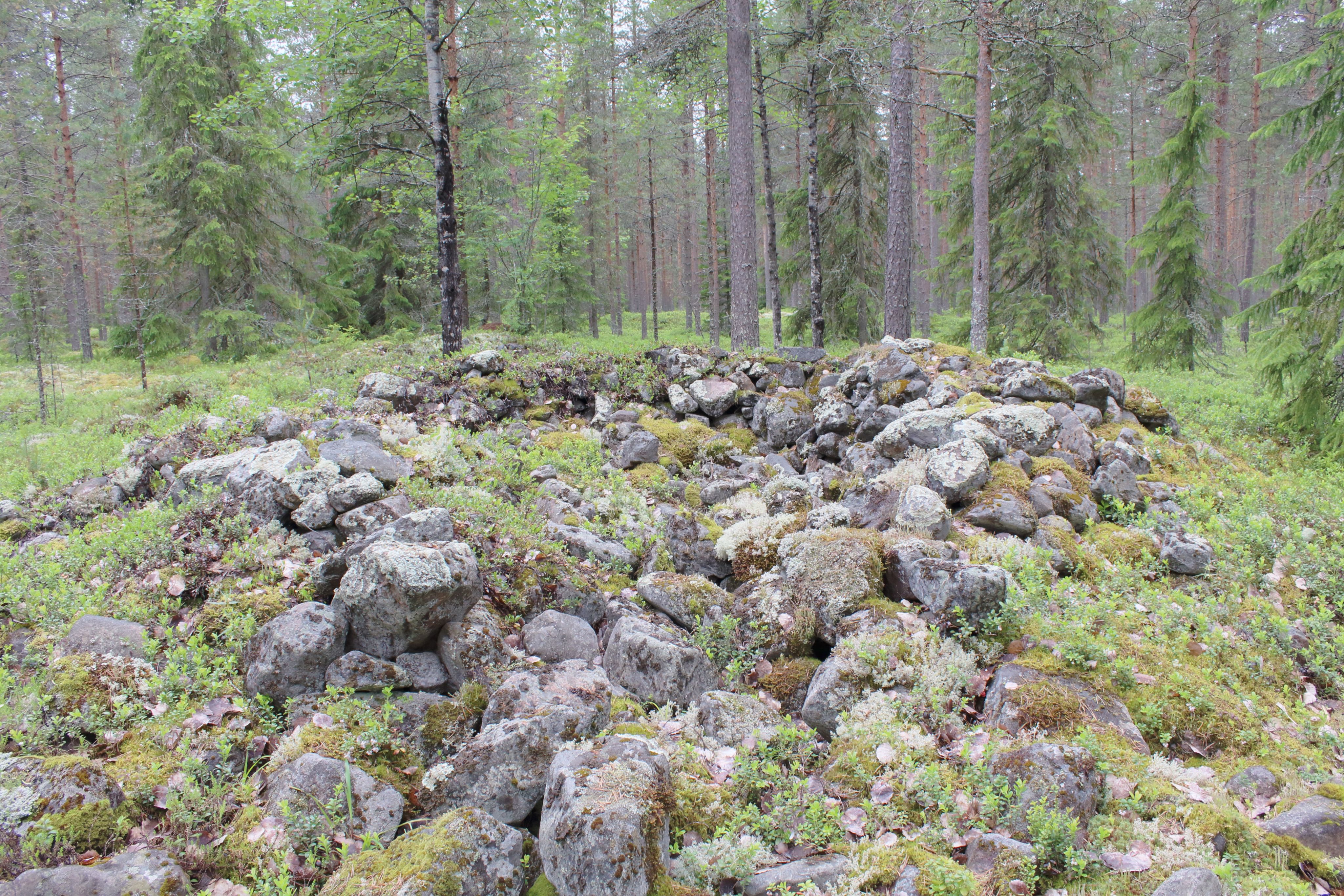This Idea Must Die:
We used to be equal
Professor David Wengrow, co-author of the New York Times bestseller The Dawn of Everything, argues for an overhaul of our ideas about the development of human culture

Analysing the human past cannot supply us with law-like rules that allow us to predict human behaviour in the future. Those who tell you otherwise are usually selling something.
Still, it is a unique feature of humanity that we shape our futures around conscious, and constantly negotiated, visions of what has gone before.
In this respect, the present moment marks a watershed. Something fundamental is changing in our collective consciousness of who we are and what we have been in our 200,000 or so years on this planet. The change is liberating and urgently needed if we are to meet the challenges of an increasingly unstable and volatile future, played out in the shadow of climate catastrophe.
We live in an age of paradox; an age where information and goods flow at unprecedented velocities along lines that seem increasingly fixed by boundaries of class, status, and self-interest. And an age that conjures virtual multiverses effortlessly into being, yet often seems unable to play with the real clay - the stuff from which economic and power structures are formed.
In seeking to get unstuck from present arrangements, the evidence of the human past becomes a reservoir, from which we may draw to question our possibilities and limitations. This new depth of self-awareness is something we owe to many thousands of researchers, whose intellectual audacity and empirical findings over the last few decades have revolutionised our picture of human history.
What is that familiar picture, and what has it to do with the future?
“We paint a flattering picture of our own age as one of unprecedented innovation and creativity”

For generations, almost anyone engaged in creative or applied thinking about the development of human culture – across fields ranging from evolutionary psychology to urban design – has started from a common set of assumptions, most of which turn out to be either wrong, or at least in need of a major facelift.
Take, for example, the idea that before the invention of agriculture, humans lived exclusively in small nomadic groups of hunter-gatherers, free of property laws and inequality. From this premise stems the familiar narrative of a 'fall from original grace’ which supposedly began when people first started practising agriculture, rather than living in balance with nature (a notion that also underpins all manner of trendy nostalgias, from paleo diets to the 'rewilding' of landscapes).
From that comes the idea that population growth and the rise of cities made private accumulation inevitable, setting managerial hierarchies and status divisions in stone, and diminishing forever our capacity to reach collective decisions about the kinds of social worlds we wish to inhabit. On this artificially flattened canvas, we paint a flattering picture of our own age, as one of unprecedented innovation and creativity.

Earthworks at Poverty Point, Louisiana, USA. Image: Susan Guice
Earthworks at Poverty Point, Louisiana, USA. Image: Susan Guice
“It is time to abandon certain long-cherished myths about an ‘original’ form of human society”

Certainly this is true in some crucial and exciting niches of scientific research and technological discovery (stem cell and regenerative biology, genetics and astrophysics, to name but a few), and the results are often spectacular. But such progress is accompanied by a poverty of imagination in ecological, moral and political thought that is unusual in the history of humanity.
Look to the evidence of the human past, and you find an altogether different picture of what we have been, and perhaps, what we might yet become. As David Graeber and I put it, in our recent book The Dawn of Everything: A New History of Humanity, “Scientists in 2020 are not (as readers of mid-twentieth-century science fiction might have hoped) encountering alien civilizations in distant star systems; but they are encountering radically different forms of society under their own feet.”
Contemporary archaeology and anthropology now reveal a dazzling kaleidoscope of social possibilities, which existed long before – and long after – the adoption of farming and the rise of cities. Our world before the dawn of agriculture was anything but a world of roving hunter-gatherer bands.
Instead, it was one of bold cultural and political experimentation, which comes startlingly into view as, with each passing decade, archaeology pushes the boundaries of our evidence back into ever more remote pasts.
For the social and historical sciences, the effects are at once disorienting and inspiring, not unlike those of the James Webb Space Telescope for cosmic history. Consider, for example, the opulent burials of Ice Europe, the great storehouses of Jōmon Japan, the stone temples of Göbekli Tepe, the earthworks of Poverty Point, or the so-called ‘Giants’ Churches’ of the Bothnian Sea – all preceding the first appearance of farming in their respective regions.
Or, on the other hand, the existence of urban traditions – sometimes older than the first written records – in West Africa, Mesoamerica, Western and South Asia, and on the Ukrainian steppe, which flourished for centuries without leaving traces of ruling dynasties or stark differences of wealth.
Such findings show us an undiscovered, or perhaps forgotten image of ourselves, as a species that has never been entirely innocent of conflict, hierarchy, and inequality, but which throughout its history (or at least, until very recently) has also found myriad ways to free itself of their worst excesses. A species which, from the beginning, found ways to play with the clay of its very being.
It is time to abandon certain long-cherished myths about an 'original' form of human society, whether pictured as more 'noble' or 'brutish' than our own. Such simplistic ideas must now die. In their place – and here I will allow myself a small prediction – we may arrive at a more accurate understanding of how we began and what we have been, challenging us to recapture those capacities for radical transformation, on which our collective future now depends.
David Wengrow is Professor of Comparative Archaeology at the Institute of Archaeology. He is co-author of the New York Times bestseller The Dawn of Everything: A New History of Humanity (Penguin), a finalist for the Orwell Prize for Political Writing.



“Our world before the dawn of agriculture was anything but a world of roving hunter-gatherer bands”

Portico magazine features stories for and from the UCL community. If you have a story to tell or feedback to share, contact advancement@ucl.ac.uk





